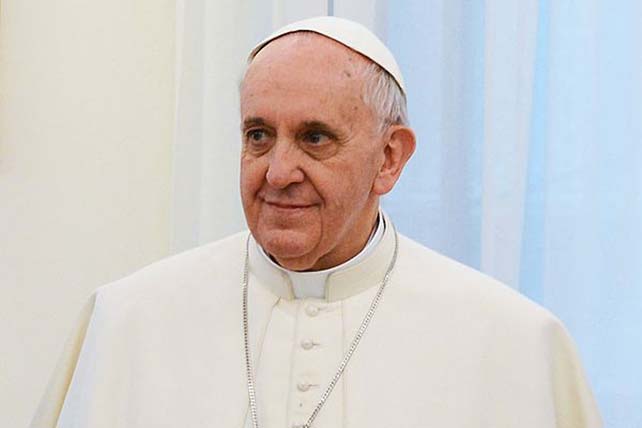VATICAN CITY (RNS) — In his annual address to diplomats accredited to the Holy See this month, Pope Francis “hit out at ‘cancel culture,’” as one headline put it. But the pontiff wasn’t complaining about how the twitterverse had banished Ellen DeGeneres or urged a boycott of Dr. Seuss.
Francis was indeed talking about “the social process of lynching someone,” according to Juan Pablo Cannata, a sociology researcher at Universidad Austral in Argentina, who is writing his dissertation on cancel culture. But the pope has his own definition of cancel culture, one in which local voices, especially those in poorer nations, are quashed by powerful institutions.
In international relations today, Francis told the diplomats at the Vatican on Jan. 10, the elite global community’s agenda ”leaves no room for freedom of expression and is now taking the form of the ‘cancel culture’ invading many circles and public institutions.”
What the pope’s vision shares with social media-driven boycotts against casual racism or misogyny, Cannata said, is that both are born from people “trying to build a more inclusive society, to promote values of tolerance, acceptance, for different identities and groups.” But in doing so the elites cancel, rather than converse with, cultures that don’t conform to their values.
The pope calls this “ideological colonization,” because in forcing its worldview on the poorer nations, the elites erase local cultures and traditions.
RELATED: Pope Francis on COVID Vaccines Says Health Care a ‘Moral Obligation’
“Pope Francis is concerned about the repeated imposition of power, especially by Northern American and European countries, in other parts of the globe,” said Cristina Traina, professor of Christian theology and ethics at Fordham University.
This “ideological imposition” often goes along “with economic and political leverage,” she added.
Francis’ thinking, experts say, can be traced back to his days in Argentina, where, as Jorge Bergoglio, he led the Archdiocese of Bueno Aires.
“We mustn’t forget that he’s a Latin American who has always experienced ideological colonization, from North America especially, as a problem,” said Massimo Borghesi, who teaches philosophy at the University of Perugia and is the author of “The Mind of Pope Francis: Jorge Mario Bergoglio’s Intellectual Journey.”
Borghesi explained that at the height of globalization efforts in the ’90s, economically developed nations adopted “a ruthless economic model” that connected financial assistance to beleaguered Latin America nations with the promotion of contraception and abortion. More recently, aid comes with ideas about gender, Borghesi said.
“Abortion is synonymous with the IMF,” said the Rev. José María “Pepe” Di Paola in 2018, referring to the International Monetary Fund. Di Paola, a Catholic priest known for ministering to the inhabitants of Argentina’s slums and a close acquaintance of Francis, was speaking as debate raged in Argentina over decriminalizing abortion. Argentina legalized abortion in 2020.
RELATED: Pope Francis Likens European Efforts to ‘Cancel Christmas’ to Dictatorship
Francis advanced similar claims himself while answering questions aboard the papal plane when returning from a 2015 visit to Sri Lanka and the Philippines. He recalled an episode from 1995, when the Argentine minister for education was offered a loan to build schools for the poor only if she would accept a textbook that promoted gender theory.

